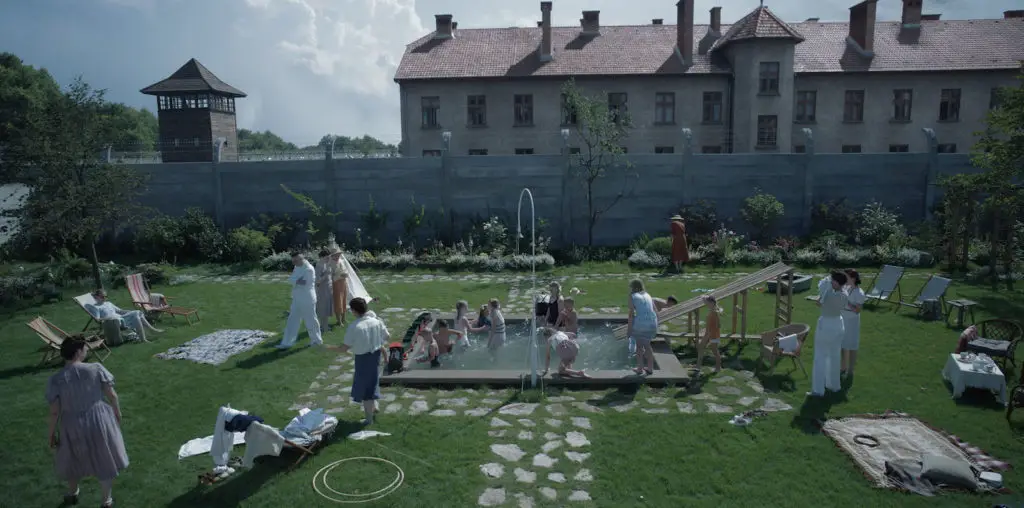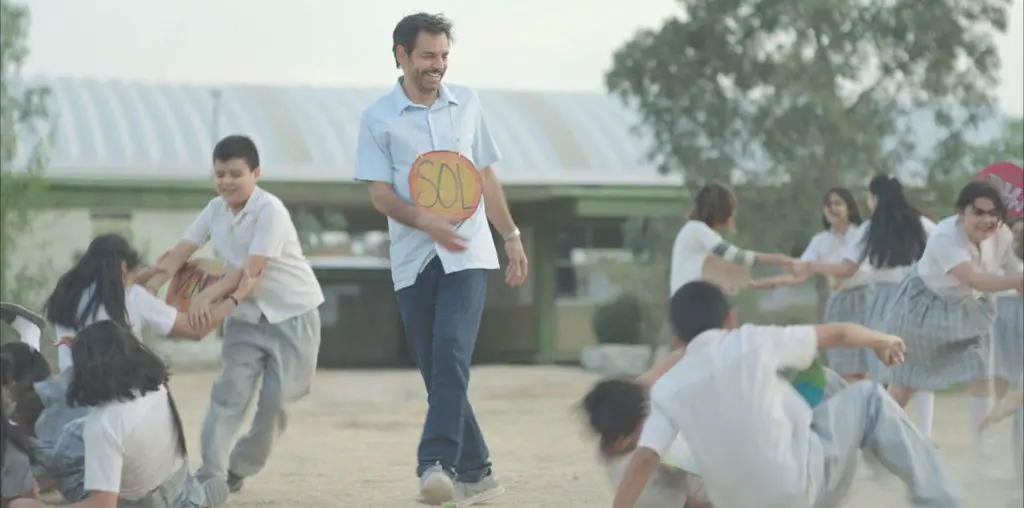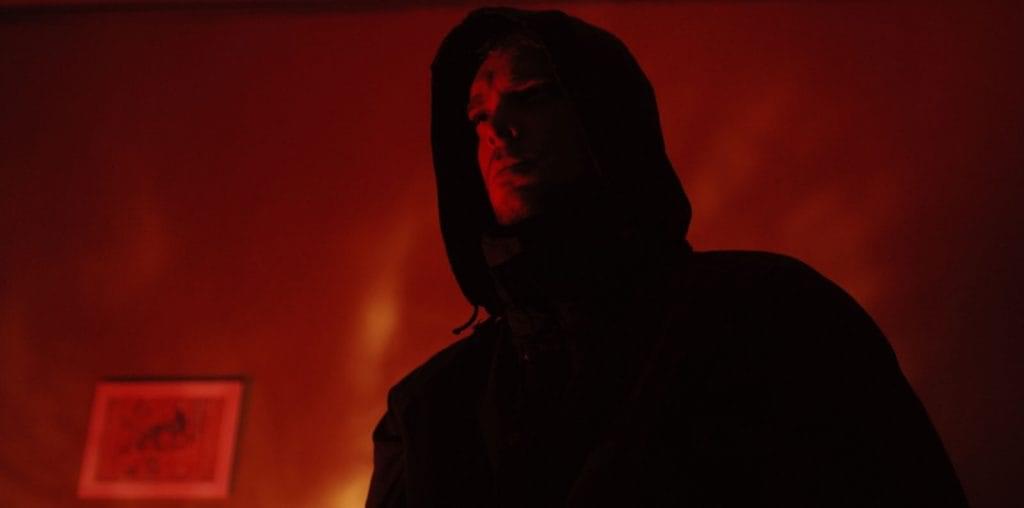
Royston Tan’s début feature is the full-length extension of his 2002 short of the same name. Filmed entirely in Singapore and featuring a quintet of street-wise young men, the themes, brutal realities and dark humour can be transferred to any large city that is roamed by disenfranchised, unloved youth.
From the opening homage to Apollo (bow-and-arrow shot) to the kiss of HIV/AIDS death many scenes later, Tan fearlessly lets his charges work through a series of vignettes from their world of necessary pain (Shaun Tan’s numerous tattoos and trip to the piercing salon are only outdone by his love puncture of Erick’s lip as the pair bond in ritualistic ways), turf wars (largely fueled by the chasm of education between the “English” school boys whose white shirts, disdain for Mandarin and cultured accent can’t belie their ability to beat the hooligans to a pulp should they have the advantage in numbers to do so) and rap rehearsals for a future battle of the bands. Tellingly, the only English lyrics are “Baby, love me, love me,” an inadvertent metaphor for lack of self esteem in their mother tongue.
The bare-chested men are held together by the fickle love and loyalty that give all gang members a reason to get up every morning. When in public (several scenes on the local busses, one in an elevator) the outrageous getups (to some eyes) of the angry young men often draw stares from the staid public. This self-induced attention fuels a tirade of assertions about family incest at its mildest to vicious beatings and death when their internal rage of loneliness erupts with a vengeance (think A Clockwork Orange meets Irreversible—cross-reference below). In more private moments, Tan gradually lets his boys express their vulnerability. He wisely slows the pace, leaving many wonderful beats for reflection and allows the camera to perform like a literal tide of emotion as tears of anguish flow in and out of the hapless producer’s ducts.
The Yellow Box music track rolls with the punches and underscores the action utilizing pounding funk or Xenakis-like other-world soundscapes with knowing skill. Unforgettable is the animated sequence—a primer for effective methods of suicide; your washing machine will never look the same again—which manages the near-impossible task of being hilarious and repulsive simultaneously.
Armani is “in search of someone I can trust.” Vynn is jealous of others who do have a family. Melvin is kicked out of the house due to poor grades. Shaun loses a biggest dick competition with Erick and is forced to swallow condoms stuffed with drugs and smuggle them into the country. Everyone skips school, parties and fights, switches sides as required and looks to their brotherhood for the support unavailable from their broken homes and snobbish schools.
None seems able to escape the chosen path; at least Shaun and Erick discover each other and vow “If we die, we die together.”
But beyond all of the misery and hopelessness, there is a subliminal white light. By so lovingly and honestly bringing the seedy side of the streets to the screen, the twenty-seven-year-old director has convincingly demonstrated that art has a much greater redeeming value than the shallow, ethereal camaraderie of those on the brink of destruction. The real dilemma is how get this message to both present-day rebels and their legions of repressors.


